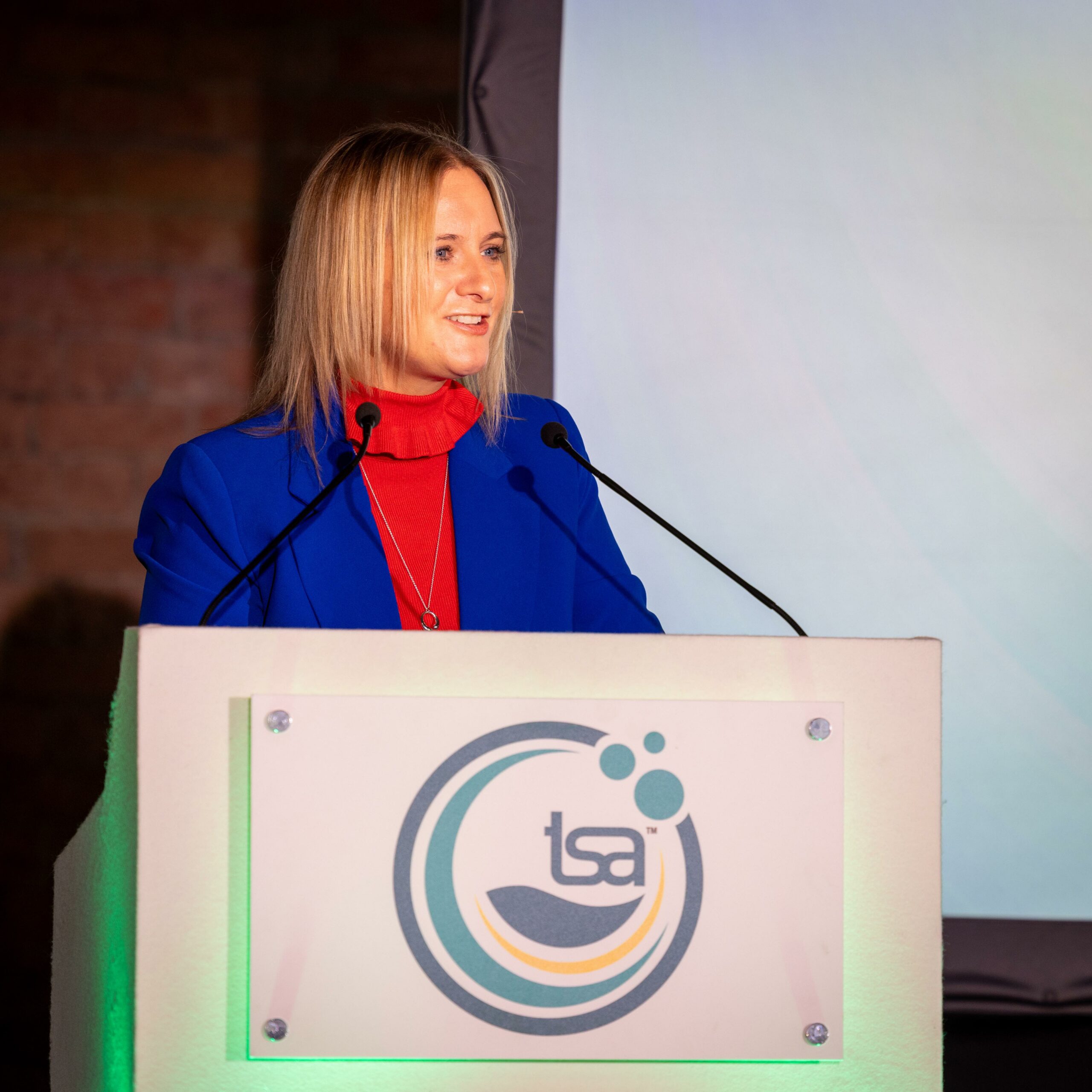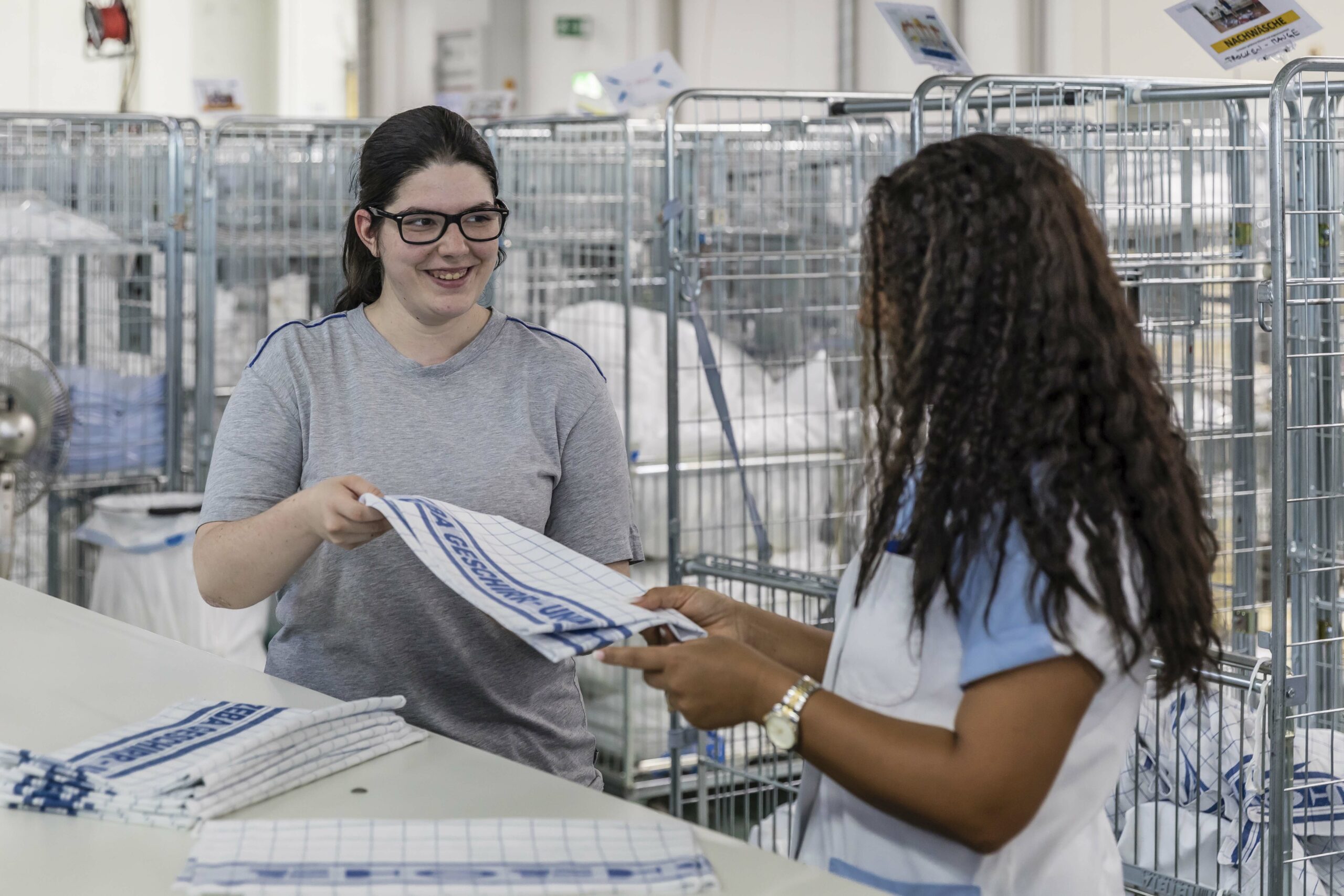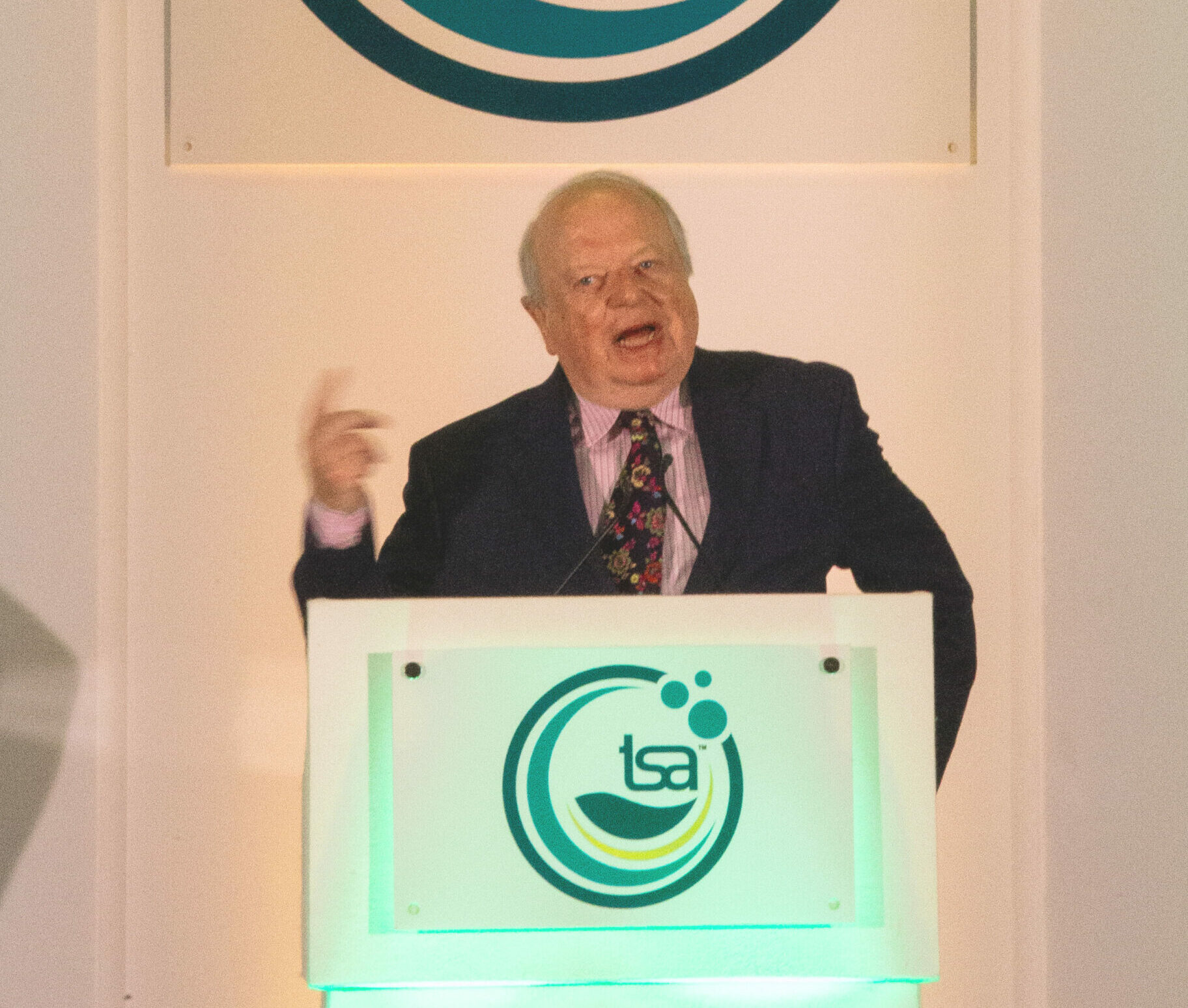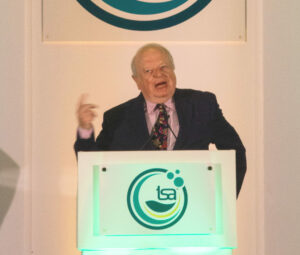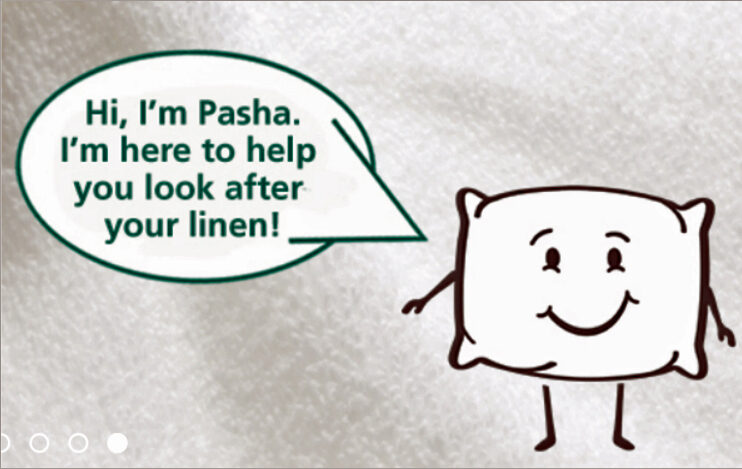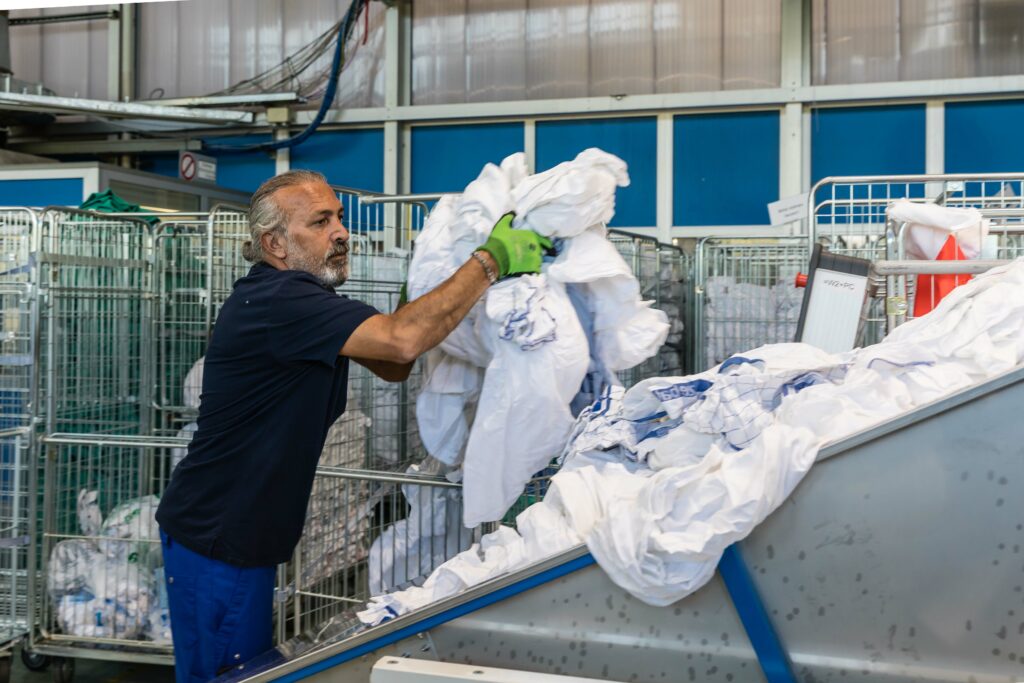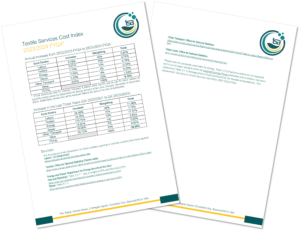New testing protocols will help to guarantee effectiveness of infection controls in healthcare laundry
The Textile Services Association (TSA) recently presented a new standardised test protocol for evaluating the disinfection efficacy of laundry wash processes at its spring conference. This marks the latest stage in the ongoing partnership between the TSA and De Montfort University (DMU). The research aims to provide accurate information and usable methods of ensuring hygienic cleaning of textiles, particularly in relation to sectors more vulnerable to infection, such as healthcare.
The new protocols were developed following a four-year research project led by Professor Katie Laird at DMU, which was funded and supported by the TSA and other national associations from Europe and America. Professor Laird and her team have extensive experience in studying healthcare textiles and have previously investigated the survival of microorganisms on textiles and specific wash processes required to decontaminate laundry, among other topics.
The importance of creating an effective standardised test for evaluating hygienic cleaning is something that Simon Fry, owner of specialist laundry firm Micronclean Ltd and a TSA board member, has been focussing on since joining the TSA over eight years ago. “The idea for this project came about when manufacturers began introducing chemicals for cold washing,” he says. “While it’s a great idea in terms of energy saving, it can introduce risks in terms of less effective disinfection, which is compounded if the traditional tests being used weren’t giving accurate results.”
“You could almost pick the test to get the results you wanted,” says Simon. “I realised that we would need something that accurately showed the kill rates of bacteria, which could be used by all stakeholders to deliver data that allows everyone to work on a level playing field.”
The TSA reached out to Professor Laird and began funding research with the aim of creating standardised testing protocols that definitively measure how many pathogens are killed by laundry washing processes.
In order to achieve this the DMU team needed to study existing infection controls and the current processing methods for healthcare laundry. They also needed to understand the attitudes and knowledge of healthcare staff in terms of infection control policies and how these apply to textiles. Alongside funding the research, the TSA also organised surveys of both its members in the UK as well as overseas to help build a clearer understanding of the landscape.
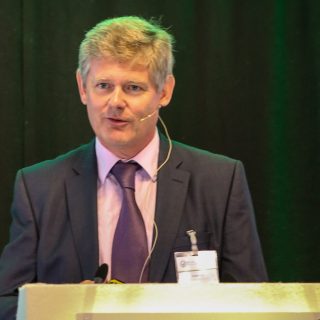
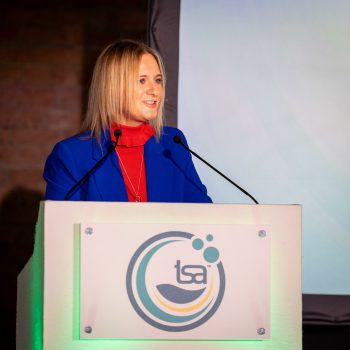
The test developed by Professor Laird and her team accurately demonstrates the disinfection efficacy of laundry during a wash processes in a way that can be used throughout the healthcare sector, whether it is in outsourced laundries or on-premise laundries. The test involves placing a sample of inoculated fabric within a membrane, which looks similar to a teabag that allows water and chemicals through but stops bacteria from escaping, meaning that the effectiveness of the decontamination of the laundry process can be properly evaluated. This allows for a like-for-like comparison of different washing methods and equipment types, and how effectively they kill bacteria present on textiles, helping to ensure that infection control standards are maintained.
“Being able to measure disinfection accurately within a working laundry is paramount in managing textiles as a transmission route for infections, particularly in healthcare settings”, Professor Laird
“The publishing of these test protocols is an important milestone in our ongoing research collaboration,” says David Stevens, CEO of the TSA. “The next phase we will see the test methodology incorporated within best practice standards driven by the other national associations, this will include working with the TRSA in America and ETSA in Europe.”
Professor Laird’s team will continue their research into improving hygiene in laundry, focussing on spores that aren’t killed thermally and biofilms that form inside laundry equipment.
For more information on the new testing protocols, visit tsa-uk.org
If you have any queries, please do not hesitate to get in touch with us either via email or phone:
T +44 (0) 20 3151 5600

